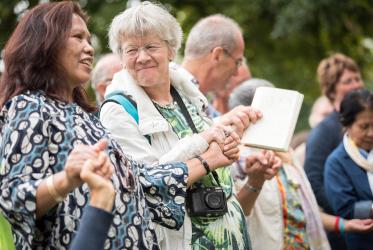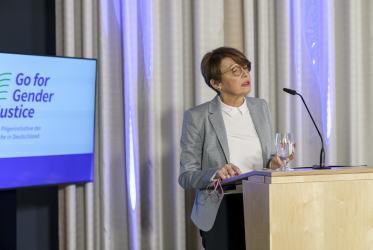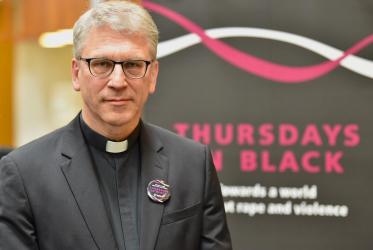Displaying 1 - 20 of 62
05 September 2022
Women with disabilities want to belong in churches
31 August 2022
Plans for 11th WCC Assembly build excitement across the globe
18 February 2020
WCC welcomes new staff
11 February 2020
Dr Saïd Ailabouni: God is on the side of rejected, oppressed, occupied
12 September 2019
















